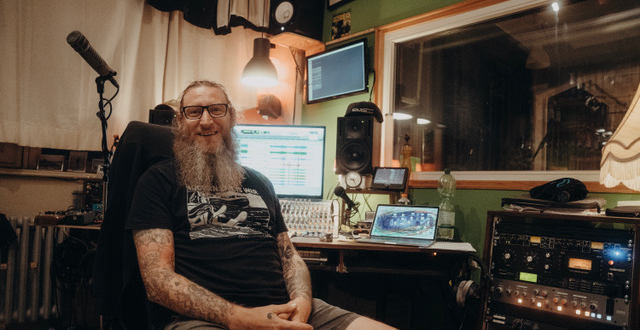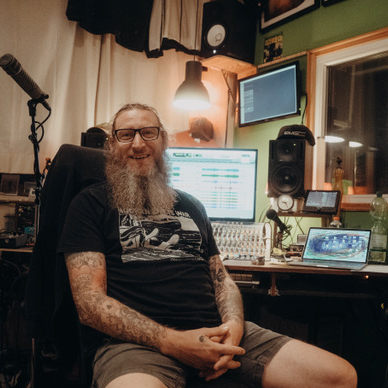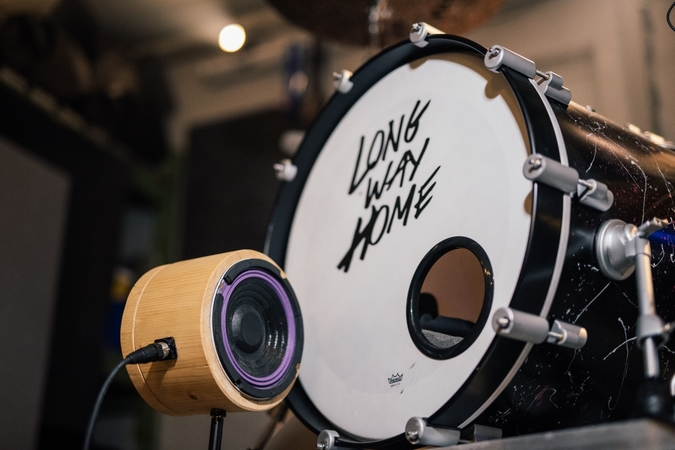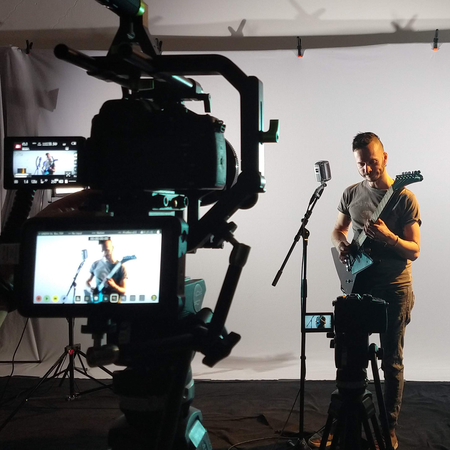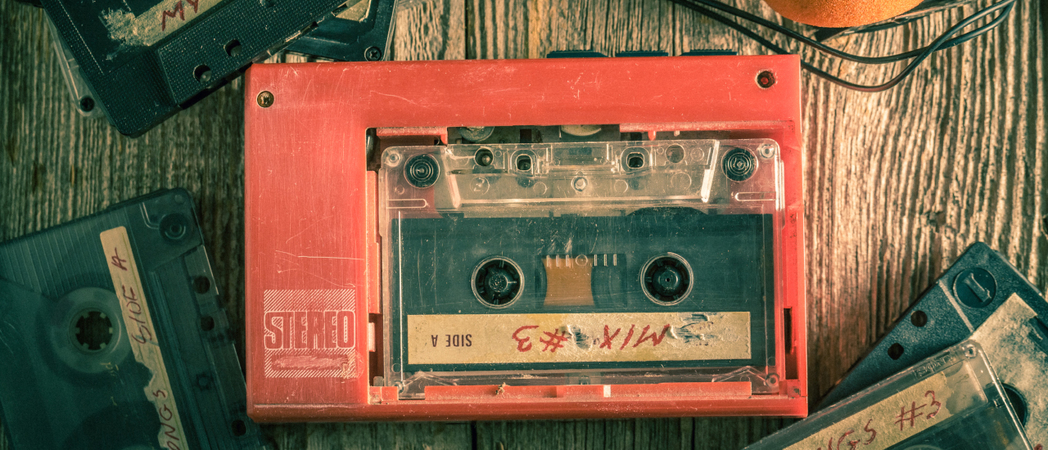A power pop band like LENNA must, of course, have a certain presence. Personally, I prefer large bands with lots of channels. I am more of a creative person and try to participate a bit, also to create things. If you have less people on stage, there are less possibilities to get every last bit of the band's potential. Thus, I am a fan of large bands with horns, choir and all that jazz. In my opinion, it does not get any easier by having less channels. At the end of the day, as an FOH mixer, I am also responsible for making sure that everyone has a great night and that the band sounds good enough to sell T-shirts and other merch.
